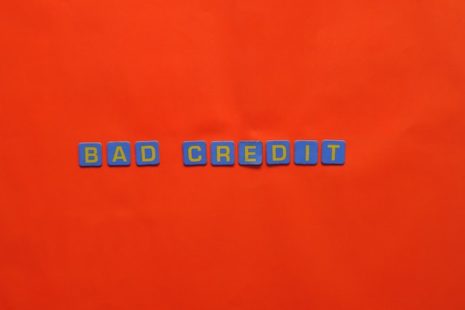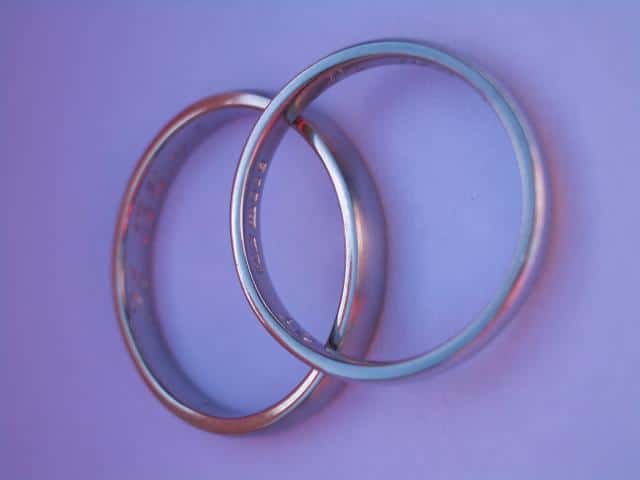
Building your credit score is a lot like building a good reputation. It takes years of consistency and work. It can be disheartening news if you have a bad credit score, but that doesn’t mean you are completely out of options. The best way to take control of your credit score is to start good habits today, and by making a commitment to those good habits for years to come.
If your credit score is less than favorable, you’re probably looking for ways that you can improve it. You may hear a lot of conflicting advice about the use of cash or credit to help your credit score. We’re here to set the record straight.
How Credit Works
The very first step to understanding your credit score is knowing how it is reported. When you are given a credit line from a credit card company or loan from your bank, you are permitted to use it within the set limitations while paying it back. It is your credit usage, on-time payment history, and credit habits that get reported to three governing credit bureaus: Equifax, Experian, and TransUnion.
A credit bureau is a company that collects information reported by creditors, lenders, and consumers in the form of a report – ultimately determining your credit score. In addition to your payment history and credit usage, your credit score is determined by the number of credit accounts, type of accounts, credit age, and credit inquires. A complex algorithm is then used to determine your unique credit score, which is updated on a monthly basis.
Cash vs. Credit
As you can see, cash is not directly involved in determining your credit score, but that doesn’t mean it should be avoided. Depending on your personal financial standing it might be better to operate with cash over credit. For example, if you have high balances on your cards or you don’t have a particularly positive credit history, it’s better to pay your bills in cash and make payments to get your balances down.
While this doesn’t directly affect your credit score, limiting your credit usage and paying your balances down will help you start down the path to repairing your credit and do wonders in raising your credit score. In general, your lenders and creditors like to see a credit usage less than 30% of your credit limit. This shows responsibility and self-control when it comes to being given credit.
On the other hand, you can’t have a credit score without some type of credit history. If you have no history with lenders or creditors, the three bureaus will not be able to determine your creditworthiness, therefore they will not be able to generate a credit score. If you have never been given any credit, it’s recommended that you start with a secured card or a secured loan, typically meaning they are backed by your savings, to start building good lending habits and trust. Just remember to adhere to all terms of your credit agreement and practice good credit habits in order to prove yourself to lenders when the time comes. It’s also a good idea to start monitoring your credit report to see where you stand financially and develop a strategy to get to where you want to be.
Conclusion
So, is cash or credit better at helping improve your credit score? The answer is, it depends on your personal financial situation. While it is true that you cannot build your credit score without having some type of credit from lenders, cash might be the right choice to take control of the debt that you already have and start displaying positive financial habits. Regardless of the strategy you choose, the first step is knowing exactly what’s on your credit report and monitoring it on a monthly basis.



